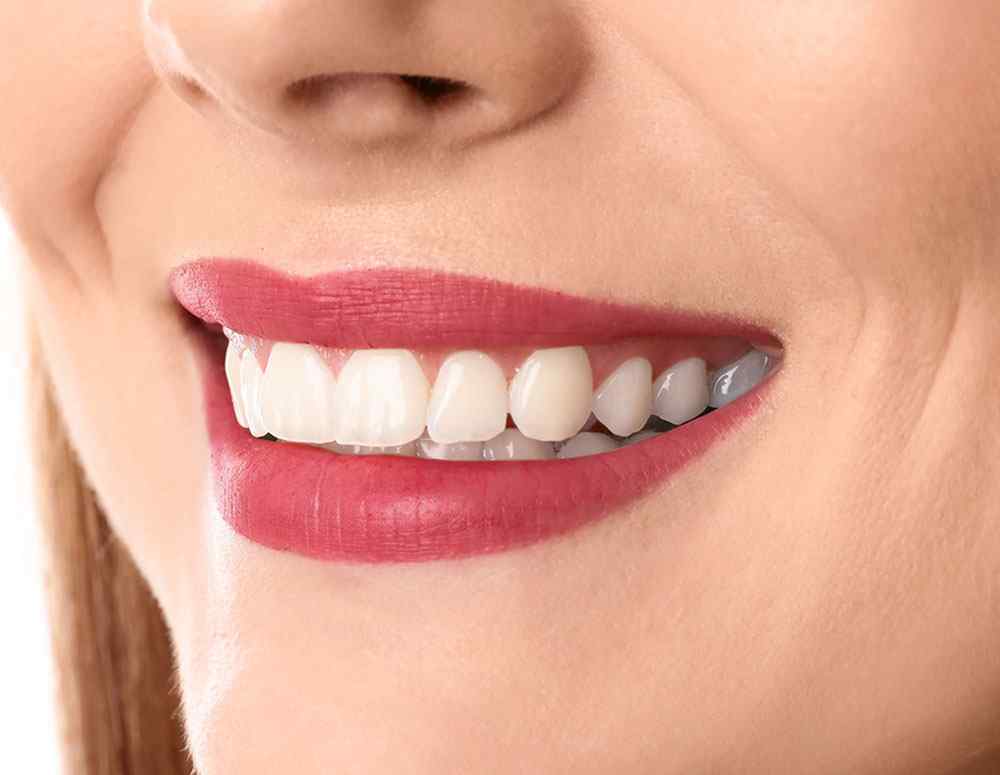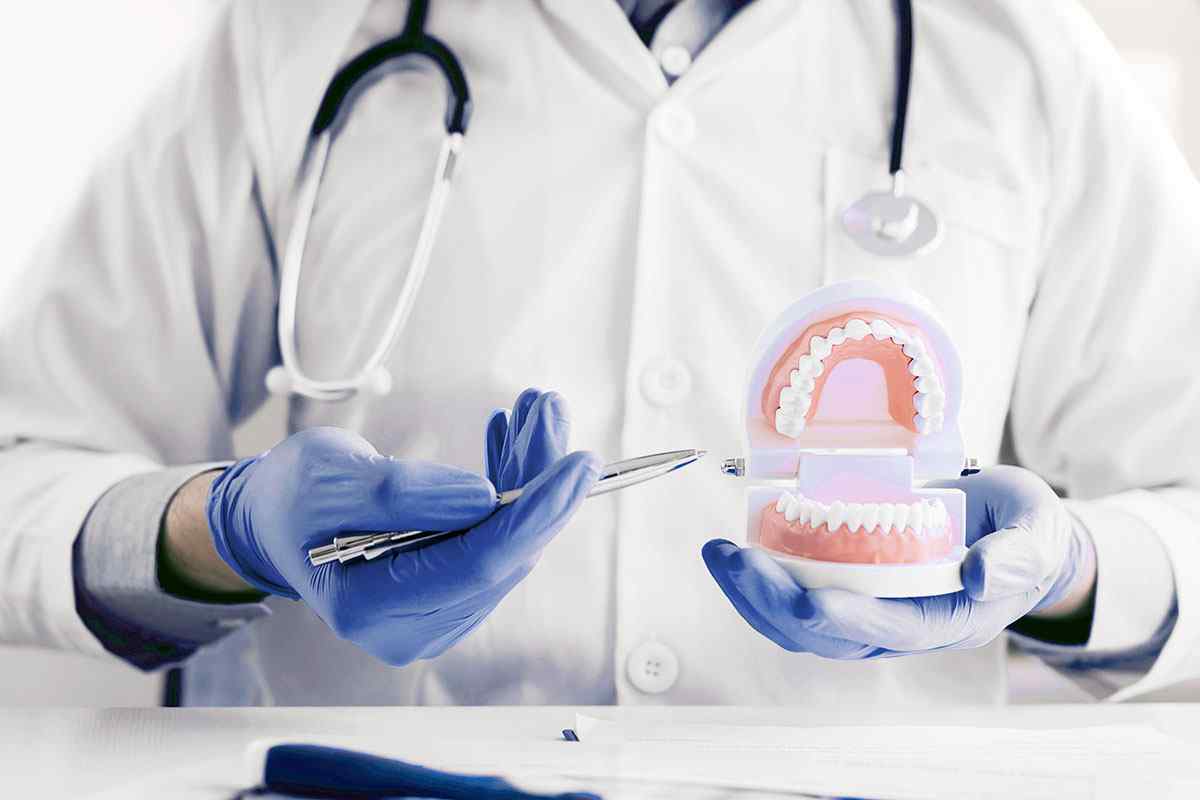What Exactly Is
Dental Surgery?
Dental surgery is the surgery of jaw bones and teeth. Therefore, it covers quite a number of dental procedures or medical procedures that involve artificial modification of dentition. It includes the following procedures below.
Dental Surgery Procedures
1. Endodontic: This is a type of surgery involving the root or pulp of the tooth.
a. Root Canal: A root canal surgery is an endodontic treatment done by an endodontist or dentist in order to treat a diseased or damaged tooth with the tooth root exposed. It involves removing the inflamed tooth pulp and tooth root from underneath the enamel and dentin in order to relieve pain and save a tooth from extraction (hence creating a root canal).
The infected tooth is drilled and has its pulp removed, only to be replaced with an inert substance. Afterwards, a crown is placed atop the tooth to save it. In the past, a root canal was infamous for its painfulness. However, modern endodontic therapy of the root canal is nothing like the old days. It’s much more efficient and less painful than before.
b. Pulpotomy: This is the precursor to a root canal procedure. It involves opening the tooth’s pulp chamber for the sake of draining the pulp infection. To be more specific, it removed the diseased portion of the pulp and leaves alone the rest of the pulp so that there’s no need for a full-blown root canal procedure.
This endodontic treatment is used in case the patient wishes to maintain the vitality of the remaining healthy pulpal tissue. Its advantages include having living teeth preserved that’s able to tell hot from cold temperatures as well as receive nutrients from your blood. A tooth with the root removed is more likely to crumble and break.


This procedure involves removing all the pulp in the pulp chamber temporarily for the sake of pain relief. Pulpectomy is typically called for when pulpotomy isn’t an option and all of the tooth’s pulp has become infected, inflamed, and disease-ridden. After removal, the canals are medicated and cleaned.
Sometimes, dentists do pulpectomy on primary or milk teeth. In such cases, the pulp is replaced with resorbable material. This is the recommended course of action for irreversible pulpitis on redicular and coronal pulp as well as primary molars that are abscessed.
DentiCare Services
Get in Touch with us
Call us anytime
+36 55 540 069
+36 55 544 059
+36 55 544 059
Email us
office@denticare.hu
book@denticare.hu
book@denticare.hu
Book an Appointment
Book a visit to DentiCare, simply fill out the form below and we will contact you back regarding the intervention you require.
Please install and activate Contact Form 7 plugin.




